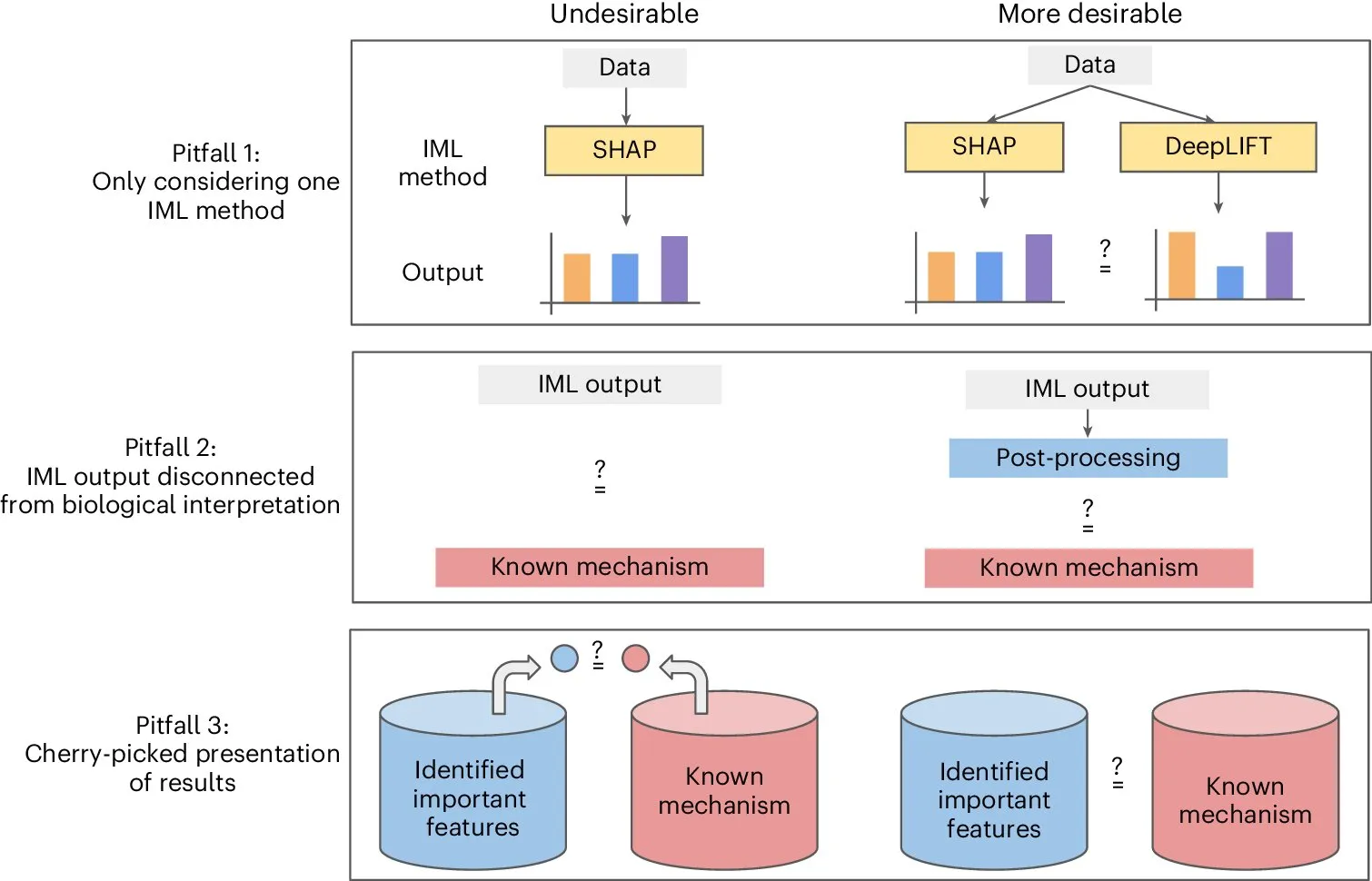The Impact of AI on Biological Research: Opportunities and Challenges
Friday, 9 August 2024, 10:45

Understanding AI's Role in Biological Discovery
Machine learning is a powerful tool in computational biology, enabling the analysis of a wide range of biomedical data.
Opportunities
- Genomic Sequences: The ability to process vast amounts of genomic data helps in identifying potential discoveries.
- Biological Imaging: AI enhances the interpretation of complex imagery, facilitating improved insights.
Challenges
- Data Limitations: Quality and availability of data can hinder progress.
- Ethical Considerations: The use of AI poses ethical questions that must be addressed.
Conclusion
As the integration of AI in biological research continues, it is vital to balance its potential with the challenges it brings. Careful planning and ethical considerations will guide the future of AI in this space.
This article was prepared using information from open sources in accordance with the principles of Ethical Policy. The editorial team is not responsible for absolute accuracy, as it relies on data from the sources referenced.